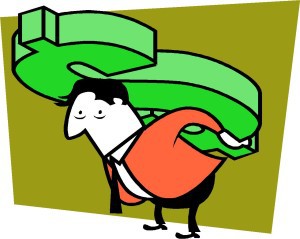The economic stressors of being part of the HIV and AIDS are unemployment, financial difficulties, lack of education and low income. Being ill might hinder you from employment or if employed it might lessen the chances of being promoted to a higher position. Employers might think that you won’t be able to keep up with the daily exercise at work because of your health issues. This can also be a discriminative act. These actions might cause you to not wanting to further your education because you feel that it won’t be necessary and may alter cause a change in your social status. With all these complications your social status might change from first. Domestically and internationally, HIV is a disease that is embedded in social and economic inequity, as it affects those of lower socioeconomic status at a disproportionately high rate. Research on SES and HIV/AIDS suggests that a person’s socioeconomic standing may affect his or her likelihood of contracting HIV and developing AIDS. Furthermore, SES is a key factor in determining the quality of life for individuals after they are affected by the virus. Those with fewer resources are often left with limited treatment options. A lack of socioeconomic resources is linked to the practice of riskier health behaviors, which can lead to the contraction of HIV. These behaviors include earlier initiation of sexual activity and less frequent use of condoms. Among women, lower social standing and the experience of life stress are associated with riskier sexual practices. This finding suggests that while ethnicity is a critical factor in the HIV/AIDS epidemic for women, social class is also an important risk factor in HIV infection




